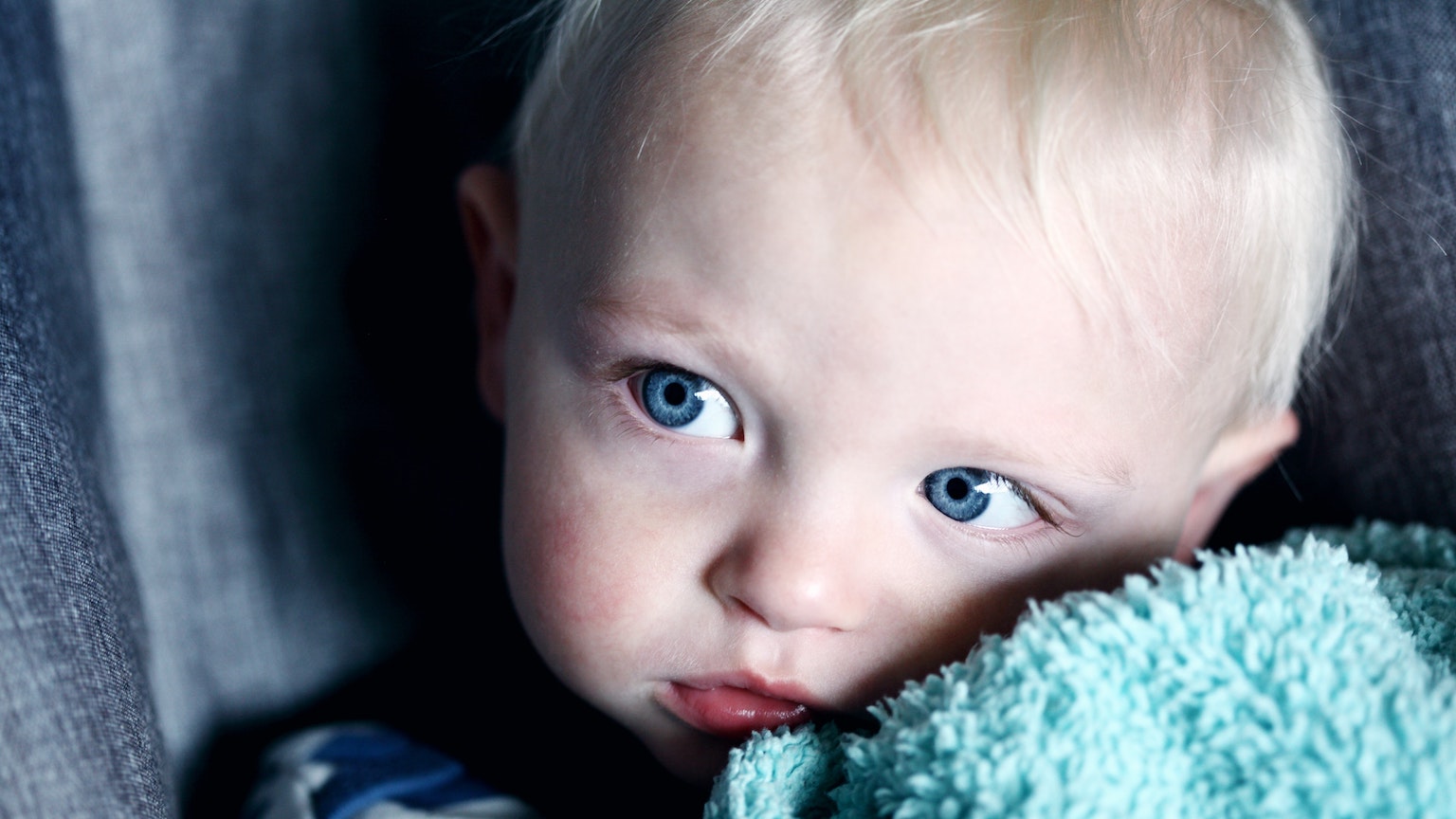Nearly half of new moms have thoughts about harming their baby — and that’s okay

- Intrusive thoughts about harming their newborn children appear to be normal for new parents.
- Unwanted intrusive thoughts are common during times of stress, such as when caring for a newborn.
- If you are a new parent experiencing thoughts of harming your infant, you probably do not need to worry about your child. Give yourself a break.
Advice for new parents tends to be fairly predictable. We might encourage them to savor every moment because it all goes so fast. We might affirm that parents should trust their instincts. So I was a bit stunned at the advice one colleague shared with a new mother. Note that this colleague is a very kind developmental psychologist, and a grandmother herself. Her advice: “At some point, you’re going to imagine throwing your baby against the wall. Don’t do it.”
Indeed, the vast majority of new parents admit to experiencing negative thoughts. These include intrusive thoughts about harming their infants. They are especially frequent in the first few weeks of a newborn’s life.
So should we worry about the safety of babies? Nichole Fairbrother and colleagues (2022) set out to answer just this question. Here is what they learned.
Thoughts of harming the baby are common
To assess how often new moms think about intentionally harming their infants, researchers completed phone interviews with new mothers from across Canada at 9 weeks and 21 weeks postpartum. They used a semi-structured interview protocol called the Postpartum Intrusions Interview to assess mental health and the prevalence of unwanted intrusive thoughts. The category includes any thoughts, impulses, or images that pop to mind.
Of the 340 new mothers interviewed, 151 — about 44 percent — reported experiencing thoughts of intentionally harming their babies.
These findings are not an anomaly. They are consistent with prior research estimating that between 20 percent and 50 percent of new mothers and fathers experience intrusive thoughts of intentionally harming their newborns.
Are newborns at risk?
To assess whether such thoughts predicted actual harm to one’s baby, the new moms also completed questionnaires that included items about physical aggression. Physical aggression included actions like shaking, hitting, spanking, burning, and choking their infant.
To encourage honest disclosure, participants were repeatedly informed that the questions about aggression were anonymous. Fairbrother noted:
“We went to great lengths to ensure that maternal reports of aggression towards their infant could be reported anonymously and that our participants knew this. Even the researchers were unable to go back and link reports of maternal aggression to the participant’s identity.”
Of the 151 women who reported thoughts of intentional harm, only 4 (2.6 percent) reported behaving aggressively toward their infant. This is non-significantly lower than the rate of physical harm among the 189 women who did not report thoughts of intentional harm (6 of 189, or 3.2 percent).
In short, women who admitted to thinking about intentionally harming their infants were not more likely to report physical aggression. Fairbrother and her team are currently conducting a large-scale replication study enrolling thousands of new mothers. The takeaway so far, though, is consistent with what clinical psychologists have long known about anxiety-related cases: Thoughts are not actions.
Why are new parents having these thoughts?
Unwanted intrusive thoughts are common during times of stress. They tend to arise in emotional situations that elicit frustration or fear, and they are often related to current concerns. Say for example that you are afraid of flying. When boarding an airplane, then, you might imagine every terrible thing that could happen.
Despite our culture treating the newborn phase as magical, the blunt truth is that it is often extremely stressful. Parents worry about whether they are properly caring for their newborn, while also dealing with crying, diaper blowouts, and extreme sleep deprivation. In many ways, it only makes sense that such circumstances would induce intrusive thoughts about parenting.
Worrying can make things worse
Barring psychosis — which usually involves delusions and requires that the parent believes harm to the infant is appropriate — worrying about unwanted thoughts may only make them worse.
In addition to increasing parents’ already high stress levels, over-interpreting such thoughts may lead to obsessive compulsive disorder, or OCD. This condition involves uncontrollable, recurring thoughts or behaviors that repeat excessively and negatively affect everyday life. Unlike psychosis, OCD is common in postpartum women. Among the 345 mothers in the study who were assessed, 64 (19 percent) received a diagnosis for OCD.
Importantly, OCD appears to develop not from intrusive thoughts themselves, but from how people evaluate them. When people evaluate their unwanted thoughts as meaning something important — perhaps that they are a bad parent, do not love their child, or will cause real harm — then the thought might turn into an obsession.
Mere thoughts of harming one’s infant are unlikely to lead to actual harm. But anxiety-related disorders like OCD can have detrimental effects on parenting style, confidence, and child attachment.
The takeaway
In short, it is normal for parents to imagine harming their children. But in a society that puts parenthood and infant safety on a pedestal, discussing such facts remains taboo. Even healthcare providers often misunderstand the prevalence and meaning of unwanted intrusive thoughts, potentially leading to misdiagnosis and increasing the likelihood that normal thoughts turn into OCD.
Fairbrother summarizes: “This is not a topic that is often discussed. As a result, parents can feel very afraid that these thoughts mean something terrible about them. Our findings should be a relief to many.”
If you are a new parent experiencing thoughts of harming your infant, you probably do not need to worry about your child. Instead, give yourself a break and take care of your own wellbeing.





